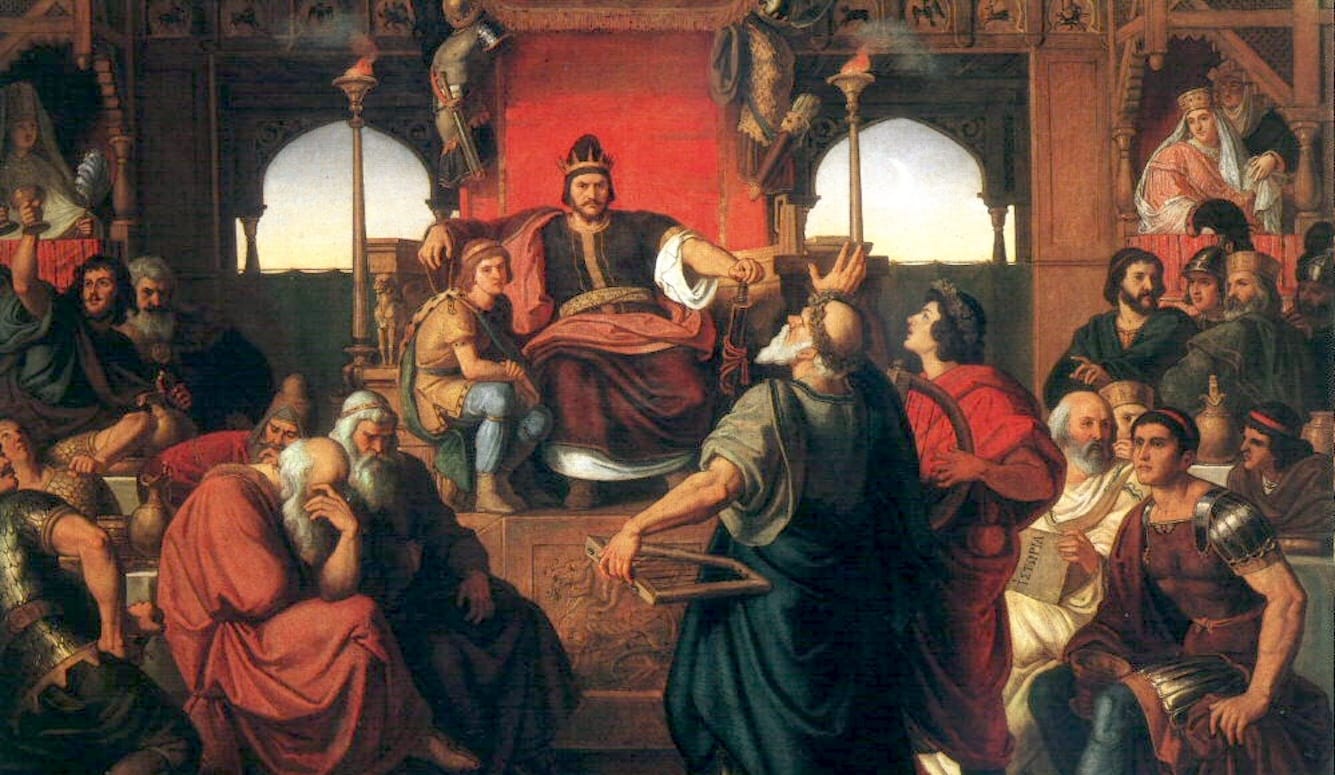So-Called Dark Ages
Under Attila’s Gaze
In the ninth instalment of ‘The So-Called Dark Ages,’ Herbert Bushman describes a Roman diplomat’s famous fifth-century journey into the heart of Hunnic territory.
· 28 min read

Keep reading
The Twelve Day War: Truths and Consequences
Adam Garfinkle
· 21 min read
Glamourising Violence at Glastonbury
John Aziz
· 8 min read
From Welfare to Warfare
John Lloyd
· 7 min read
Stealing Australia and Buying New Zealand
Sean Welsh
· 16 min read





